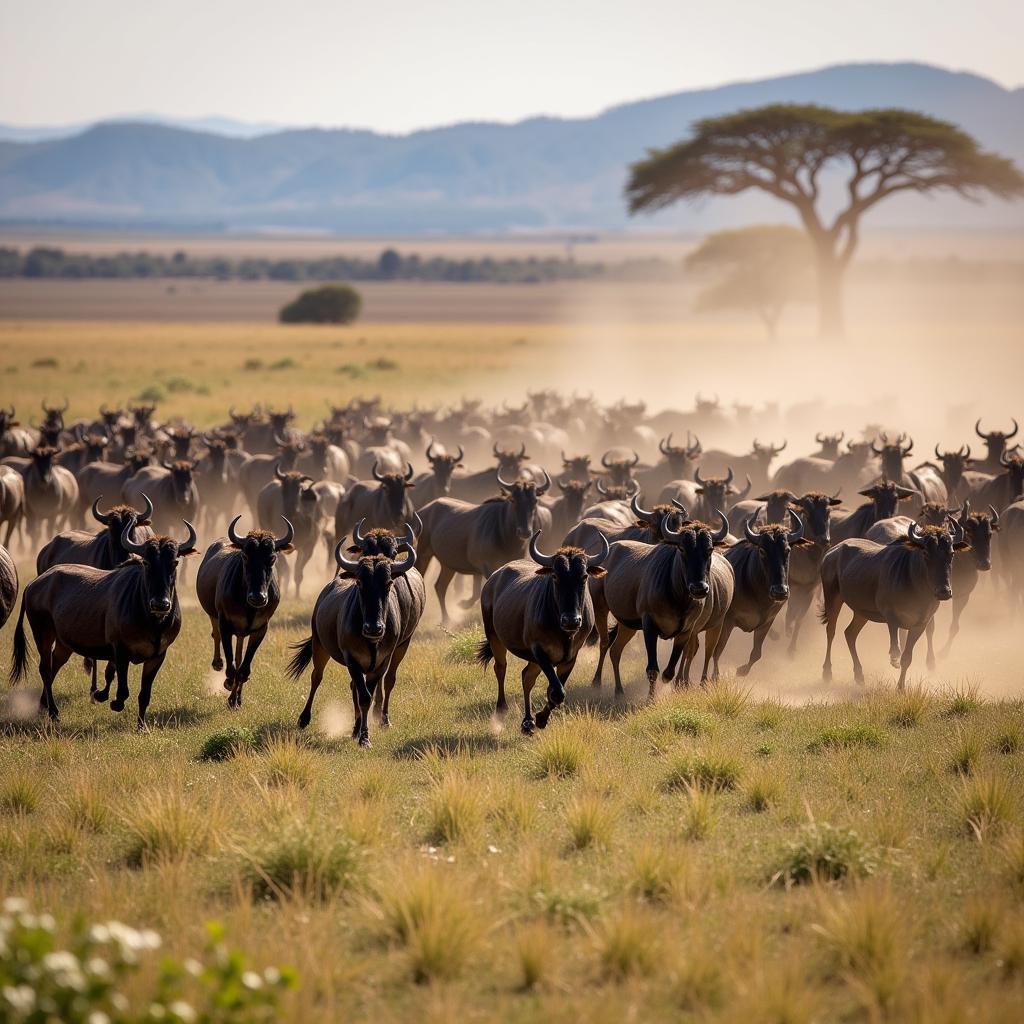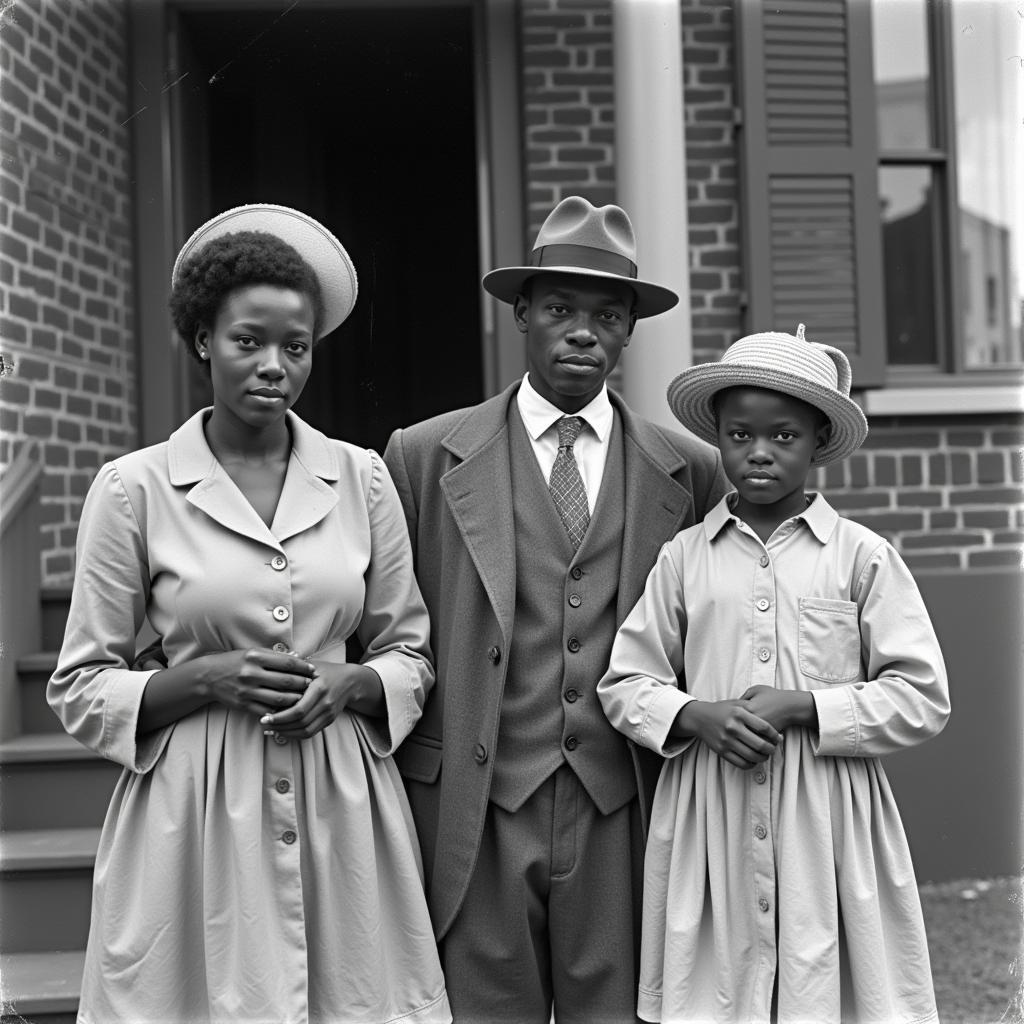The Ultimate Guide to African Braid Hairstyles: A Celebration of Culture and Style
African Braid Hairstyles are more than just a fashion statement—they are a rich tapestry of history, culture, and artistry. From the intricate cornrows of ancient Egypt to the vibrant twists and locs of modern-day Africa, braids have been a symbol of identity, beauty, and social expression for centuries.
In this comprehensive guide, we’ll embark on a journey through the fascinating world of African braid hairstyles, exploring their origins, significance, styles, and the cultural influences that have shaped their evolution. Whether you’re looking for inspiration, information, or simply a deeper understanding of this captivating tradition, join us as we unravel the secrets behind these intricate and beautiful styles.
A Journey Through Time: The Origins of African Braids
The history of African braids is as old as time itself. Archeological evidence suggests that braiding dates back to ancient civilizations in Africa, with depictions of braided hairstyles found on ancient artifacts and cave paintings. In ancient Egypt, for example, men and women of all social classes adorned their heads with intricate cornrows, often embellished with beads, gold, and other adornments. These hairstyles were not simply decorative—they served practical purposes as well, offering protection from the sun and sand, and providing a way to keep hair neat and tidy.
Beyond Beauty: The Cultural Significance of African Braids
In many African cultures, braids are more than just a hairstyle—they are a powerful symbol of identity, status, and cultural heritage. The intricate patterns and designs of braids often tell stories, reflect tribal affiliations, and mark important life stages.
For example, in some cultures, the number of braids worn by a woman can indicate her marital status, while in others, the style of braid can signify her tribe or clan. Braids are also frequently used to celebrate special occasions such as weddings, births, and religious festivals.
“Braids are a language, a way to communicate our history and our values to the world. They are a symbol of our resilience, our creativity, and our enduring spirit.” – Aisha Mwita, renowned African hairstylist
Embracing Diversity: Exploring the Spectrum of African Braid Styles
The beauty of African braid hairstyles lies in their incredible diversity. From the classic cornrows and box braids to the intricate Fulani braids and the bold Senegalese twists, there’s a style for every taste and personality.
Classic Cornrows: A Timeless Style
Cornrows are perhaps the most iconic of all African braid styles. These thin, straight braids are meticulously plaited close to the scalp, creating a sleek and elegant look. Cornrows can be styled in countless ways, from simple and straight to elaborate and intricate designs.
Box Braids: A Versatile and Trendy Choice
Box braids are another popular choice, known for their versatility and ability to be styled in a wide range of ways. These square-shaped braids are created by dividing the hair into sections and then braiding each section with extensions. Box braids can be long or short, thick or thin, and can be styled in everything from casual updos to glamorous evening looks.
Senegalese Twists: A Statement of Boldness
Senegalese twists are a bold and eye-catching hairstyle that adds a touch of drama to any look. These two-strand twists are created by twisting two strands of hair together, often with extensions. Senegalese twists can be styled in a variety of ways, from tight and sleek to loose and wavy.
Fulani Braids: A Fusion of Tradition and Modernity
Fulani braids are a beautiful and unique style inspired by the Fulani people of West Africa. These intricate braids often incorporate beads, cowrie shells, and other adornments, creating a stunning and culturally rich look. Fulani braids are a testament to the artistry and tradition of African hairstyles.
Beyond the Styles: The Cultural Impact of African Braids
The influence of African braid hairstyles extends far beyond the continent. In recent years, these styles have gained popularity around the world, becoming a mainstream fashion trend embraced by celebrities, fashion icons, and people from all walks of life. This global embrace of African braids is a testament to their beauty, versatility, and cultural significance.
“African braids are a powerful statement of self-expression and a celebration of our heritage. They are a reminder that beauty comes in all shapes, sizes, and styles.” – Naomi Jones, fashion blogger and cultural advocate.
Embracing the Beauty and Tradition of African Braids
Whether you’re looking for a stylish new look or simply want to explore the rich cultural heritage behind African braids, there’s no better time than now to embrace this timeless and beautiful tradition. From the intricate designs to the cultural significance, African braid hairstyles offer a unique blend of artistry, history, and self-expression. So, let your hair tell your story, embrace the beauty of diversity, and explore the captivating world of African braids.
FAQ:
Q: Are African braid hairstyles suitable for all hair types?
A: While African braid hairstyles are traditionally associated with African hair, they can be adapted for various hair types. However, it’s important to consult with a professional stylist to determine the best style for your hair type and texture.
Q: How long do African braids typically last?
A: The lifespan of African braids depends on the style, the quality of the extensions used, and proper hair care. With proper maintenance, braids can last anywhere from 4 to 8 weeks.
Q: Are African braids a high-maintenance hairstyle?
A: African braids are generally low-maintenance once installed, but they do require regular care to maintain their appearance and health. This includes keeping the scalp clean, moisturizing the hair, and avoiding excessive heat styling.
Q: What are some tips for caring for African braids?
A: Here are some tips for caring for African braids:
- Keep your scalp clean: Wash your scalp regularly with a mild shampoo to prevent buildup and irritation.
- Moisturize your hair: Apply a lightweight hair oil or leave-in conditioner to keep your braids hydrated and prevent dryness.
- Protect your braids at night: Wrap your braids in a satin scarf or use a satin pillowcase to prevent friction and breakage.
- Avoid excessive heat styling: Limit the use of heat styling tools to minimize damage.
Q: Where can I find a professional stylist who specializes in African braid hairstyles?
A: To find a skilled stylist who specializes in African braid hairstyles, you can search online directories, ask for recommendations from friends or family, or visit local salons that cater to African hair.
Q: Are African braid hairstyles suitable for all hair types?
A: While African braid hairstyles are traditionally associated with African hair, they can be adapted for various hair types. However, it’s important to consult with a professional stylist to determine the best style for your hair type and texture.
Q: How long do African braids typically last?
A: The lifespan of African braids depends on the style, the quality of the extensions used, and proper hair care. With proper maintenance, braids can last anywhere from 4 to 8 weeks.
Q: Are African braids a high-maintenance hairstyle?
A: African braids are generally low-maintenance once installed, but they do require regular care to maintain their appearance and health. This includes keeping the scalp clean, moisturizing the hair, and avoiding excessive heat styling.
Q: What are some tips for caring for African braids?
A: Here are some tips for caring for African braids:
- Keep your scalp clean: Wash your scalp regularly with a mild shampoo to prevent buildup and irritation.
- Moisturize your hair: Apply a lightweight hair oil or leave-in conditioner to keep your braids hydrated and prevent dryness.
- Protect your braids at night: Wrap your braids in a satin scarf or use a satin pillowcase to prevent friction and breakage.
- Avoid excessive heat styling: Limit the use of heat styling tools to minimize damage.
Q: Where can I find a professional stylist who specializes in African braid hairstyles?
A: To find a skilled stylist who specializes in African braid hairstyles, you can search online directories, ask for recommendations from friends or family, or visit local salons that cater to African hair.


